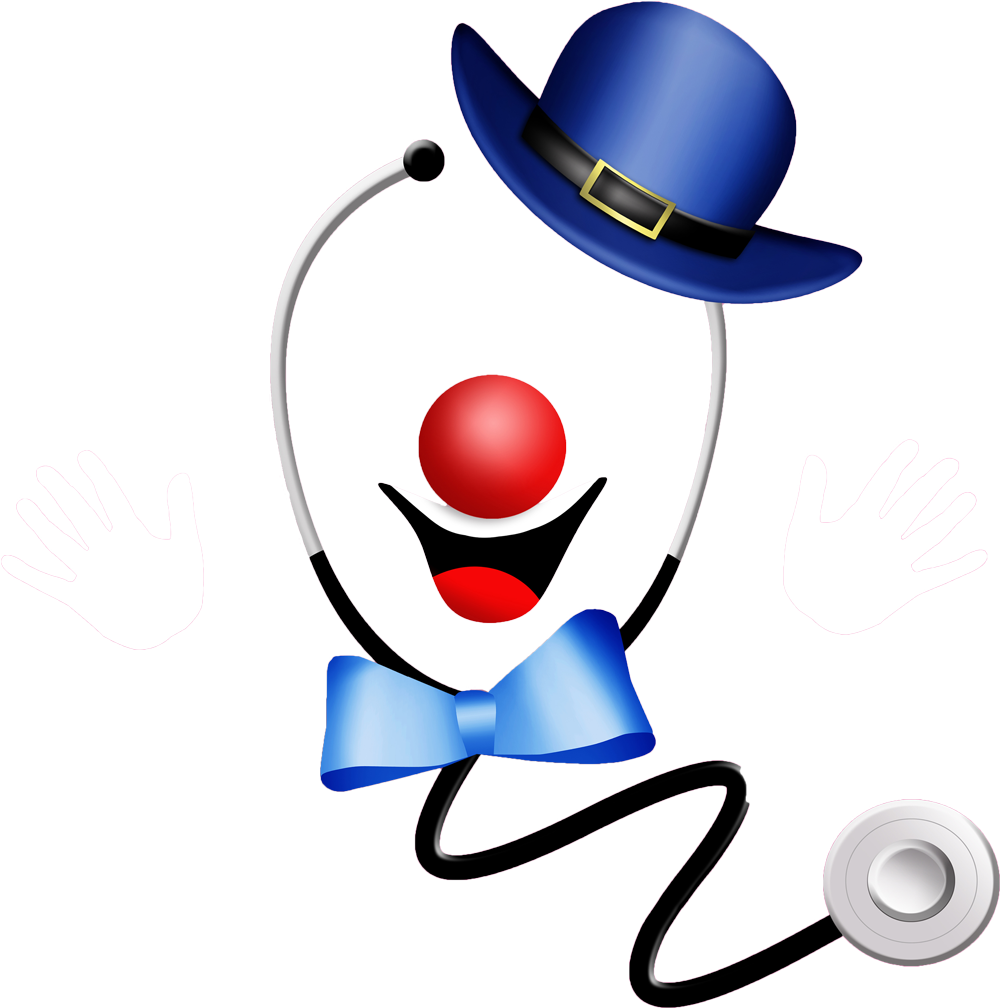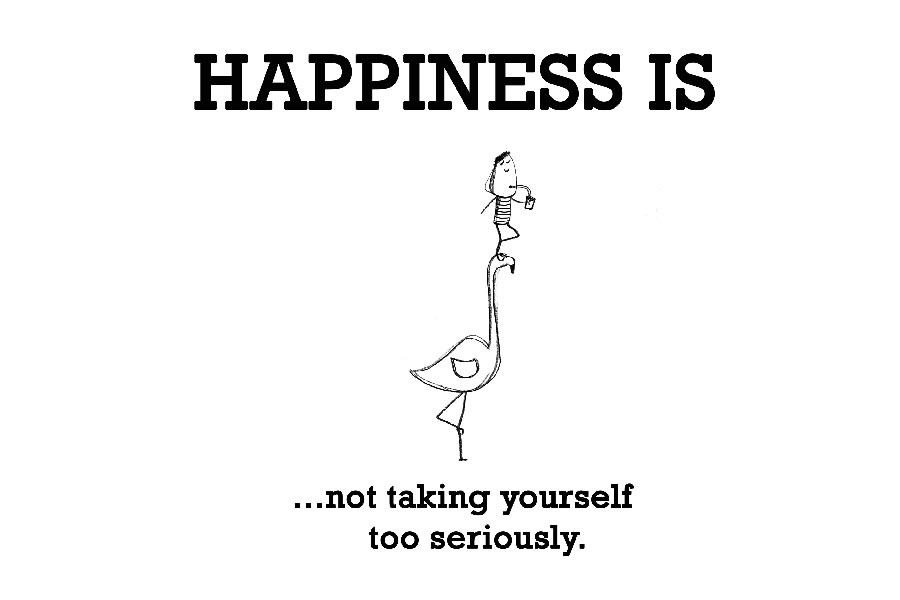Laughter in the Face of Death: The Role of Humour in Nursing
Daily Life, Humour, Laughing, NWH2023, Palliative Care, Palliative Humour, Teaching, Way of Life, Work
As nurses, we often encounter difficult situations that can take a toll on our emotional and physical well-being. One of the most challenging aspects of our job is dealing with death and end-of-life care. It can be heart-wrenching to watch someone we have grown to care for pass away, and it can be equally difficult to console the family members who are grieving. But despite the sadness and heavy emotions that come with death, humor can actually play a vital role in the process. Laughter may seem like an inappropriate response to such a solemn event, but it can actually provide a much-needed release and bring a sense of comfort to those involved.







